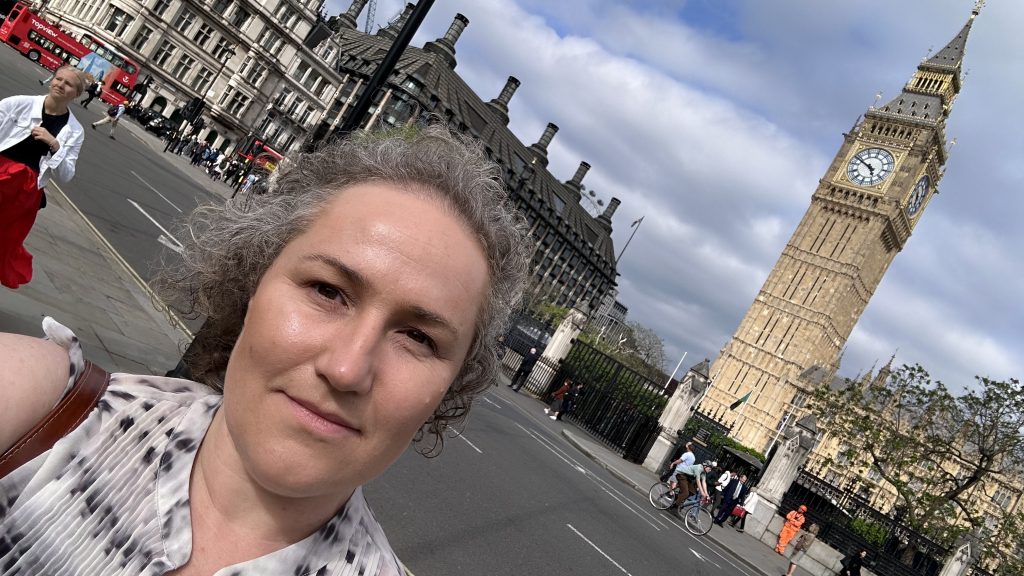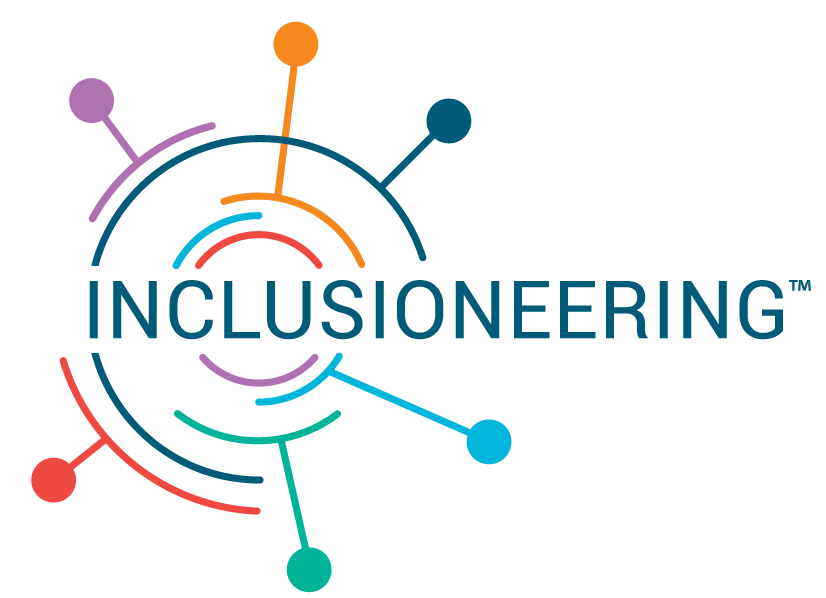I recently had the pleasure to visit the Houses of Parliament to listen in on the evidence session of the All-Party Parliamentary Group on AI about AI & Sustainability: SmartCities & Clean Technologies.
Marrying my interests in digital twin, AI, sustainability, and equitable impacts this was a fascinating event. Chaired by Stephen Metcalfe and Lord Tim Clement-Jones, we heard from industry leaders already implementing pieces of this puzzle, and enjoyed “techno-optimistic” perspectives on benefits AI can bring.

The speakers
Will Cavendish, Digital Services Leader, Arup: Smart city tech is driven by sustainability challenges. AI is a critical enabling tech in design, build and operations, and can give 30-40% energy efficiency gains.
Courtney Holm, Vice President of Sustainable Futures, Capgemini: we must consider social sustainability, and act with human intelligence before automating with AI. “Equitable urbanisation”, eg of infrastructure like 5G is needed to gain ubiquitous benefits for all.
David Elcombe, Managing Director, WindWorkX: shared about projects like CityMesh in Antwerp, and some very futuristic sounding capabilities being researched of drones, flying taxis, optimised energy use. But public engagement will be key.
Iggy Bassi, Co-Founder, Earthena.AI: described integrated climate intelligence, a dashboard for cities to monitor and adapt
Tim Kay, Director, Science and Technology Directorate, Department for Business and Trade: Long term investment and convergence of many sectors will be required.
My take-aways
It’s clear that public-private collaboration will be needed to fully realise the benefits, but what does that look like? With the huge volumes and variety of sensors, monitoring and data needed to underpin transformation, it’s also clear that building public trust is essential.
I’m also now curious how this all intersects with the future of industry (i.e manufacturing, construction) and industry 4.0, which was briefly mentioned, and provides vital materials and infrastructure for smart cities. How does the work of programmes like TransFIRe Hub and other Transforming Foundation Industries projects, on topics like enablers for circular economy, all come together in this future picture?
You can join these types of meeting too
By the way, did you know that many APPGs are open for anyone to attend meetings? You can just register and (presuming tickets are available) join.
